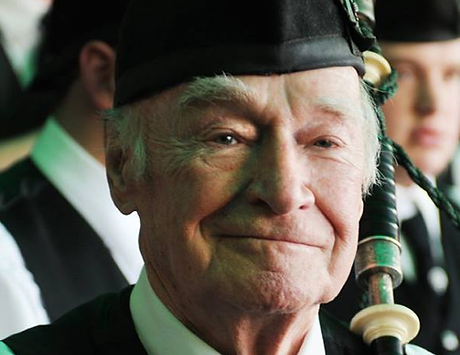
TUNES.
Music from the pipes and drums breathe a sense of passion and pride to those who hear it. From funerals, to competitions or stage performances with the likes of the Raleigh Symphony Orchestra, the Chieftains or the Piano Guys — we strive to balance the requirements of our performances with the skill level of our players.
Here is our current repertoire (rev 01.30.2024):
Massed Bands.
Green Hills of Tyrol and When the Battle's O'er
Scotland the Brave and Rowan Tree
High Road to Gairloch and Brown Haired Maiden
Band Music.
Amazing Grace
Aros Park
Balmoral
From Maui to Kona
Jingle Bells
Kerry Dance and Rakes of Mallow
Rocking the Baby
Shenandoah
March Medley:
Jimmy Findlater
Moonstar
The Bonnie Lass Of Fyvie
Murdo's Wedding
Irish March Set:
The Minstrel Boy
Wearing of the Green
Roddy McCorley
G4.
Medley:
The 1976 Police Tattoo
Sound of Sleat Strathspey
Kingsfold
Kelly’s Jig
Sound of Sleat Reel
Mini MSR:
Muir of Ord
The Keel Row
Molly on the Shore
G3.
Bob Cooper of Winnipeg
Diamond Anniversary March
Dr. JG Hunter of Altbea
Pipe Major Donald Maclean of Lewis
The Bathgate Highland Gathering
The Festival March
The Banks of the Lossie
MSR 1:
Wake of the Storm Medley:
TUNE HISTORY.
Some history behind #TunesWePlay
THE ROWAN TREE
The name "rowan" is derived from the Old Norse name for the tree, raun. Linguists believe that the Norse name is ultimately derived from a proto-Germanic word *raudnian meaning "getting red" and which referred to the red foliage and red berries in the autumn. According to the Celtic tradition the ROWAN TREE would provide protection against evil spirits. To have one at home would bring good luck and to cut it would bring unhappiness - which explains its relative proliferation in Scotland. The origin of the melody is unknown but the lyrics are from 1822 and were written by Carolina Oliphant, also known as Lady Nairne. The Rowan Tree was also a favorite tune of Pipe Major Dave McKee Sr of Chicago's Stock Yard Kilty Band.

BALMORAL
The tune Balmoral was written by Sir Robert Bruce of the Gordon Highlanders. As a Scottish solider fighting in World War 2, Robert Bruce was captured during the Battle of Singapore in Malaysia along with many fellow soldiers. The Battle ended on April 9, 1942, when British Lieutenant-General Arthur Ernest Percival surrendered to Japanese General Masaharu Homma; by this point 130,000 soldiers became Prisoners of War. What followed was one of the worst atrocities in modern wartime history—In October 1942, the Japanese began to move POWs up to Thailand to build the Thai-Burma Railway which was their strategic solution to get supplies to their forces fighting the British in Burma. Learn more here.
